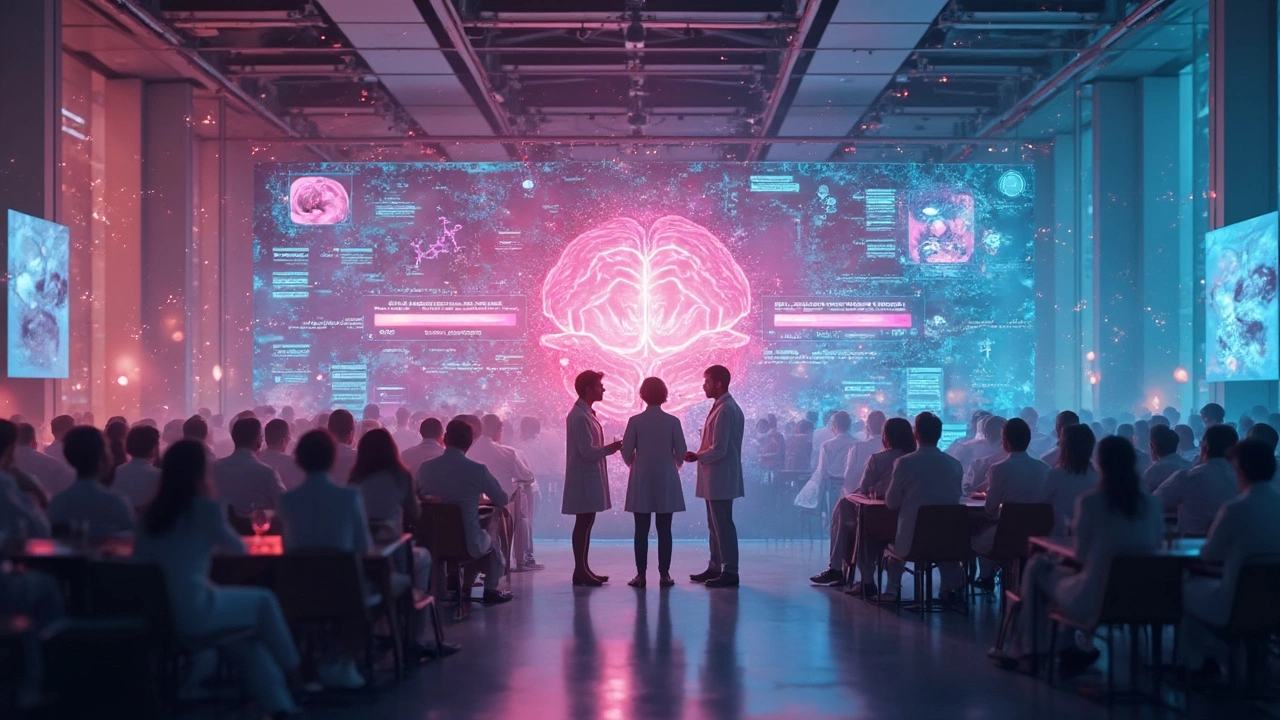Anticonvulsants: What They Are and How They Work
If you or someone you know has seizures, you’ve probably heard the word "anticonvulsant" tossed around. In plain terms, anticonvulsants are medicines that help keep abnormal brain activity in check. They calm the nerves that fire too fast, which stops seizures before they start. Most of them are taken by mouth, but a few can be given by injection or IV for emergencies.
When to Use Anticonvulsants
Doctors prescribe anticonvulsants for several reasons. The most common is epilepsy, a condition where the brain sends out random electrical bursts. They’re also used for mood disorders like bipolar disorder, certain nerve pain conditions, and even to prevent migraines. Your doctor will choose a drug based on the type of seizure, your age, other health problems, and any other meds you’re already taking.
Dosage matters a lot. Most drugs start low and go up slowly, letting your body adjust. Take them at the same time each day so blood levels stay steady. Skipping doses can trigger a seizure, while taking too much can cause dizziness, drowsiness, or blurry vision. If you notice any new symptoms, call your doctor right away.
Choosing Safe Alternatives
Not everyone tolerates the first anticonvulsant well. Some people develop a rash, weight gain, or trouble with memory. When side effects become a problem, doctors often suggest an alternative. For example, if lamotrigine isn’t a good fit, options like oxcarbazepine, levetiracetam, or valproate might work better. Each has its own pros and cons, so a conversation with your prescriber is key.
Natural supplements sometimes come up in the conversation, but they’re not a replacement for prescription meds. Things like vitamin B6 or magnesium can support overall nerve health, but they won’t stop a seizure on their own. Always let your doctor know about any supplements or over‑the‑counter products you’re taking.
Keeping a seizure diary helps your doctor fine‑tune treatment. Write down when a seizure happens, what you ate, how much sleep you got, and any stress you felt. Over time, patterns appear and the right drug or dose becomes clearer.
Finally, remember that lifestyle matters. Regular sleep, balanced meals, and stress‑reduction techniques can boost the effectiveness of any anticonvulsant. Avoid alcohol and recreational drugs, as they can interfere with medication levels and trigger seizures.
Anticonvulsants are powerful tools, but they work best when paired with good habits and open communication with your healthcare team. Whether you’re starting a new prescription or looking for a better alternative, the right information makes the journey smoother.
